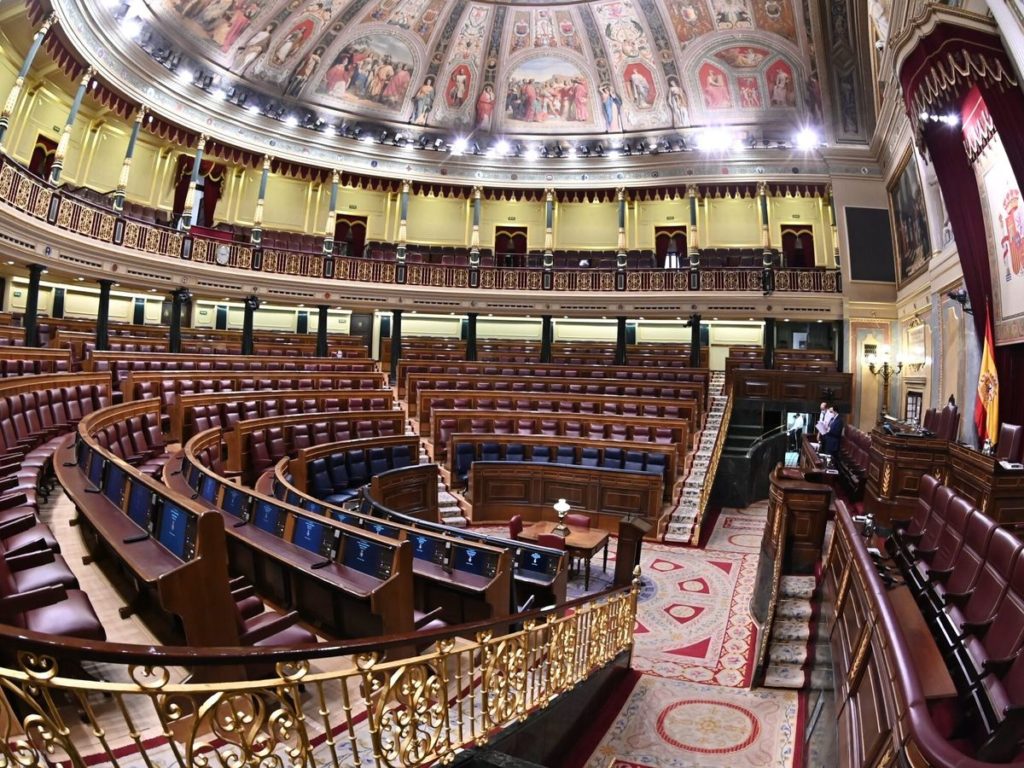
By: Sebastian Mariz, Owner and Managing Director of InFluenze Spain.
.
Last weekend marked the sun’s highest point in the zenith, mid-summer for more northern latitudes, and the supposed physical birth date of Saint John-the-Baptist. A celestial moment of the year if there ever was one, and even more so for Spain.
Over this past week and amidst the smoke screens and mirrors of NATO defense spending and corruption scandals, Pedro Sánchez, and his Catalan and Basque coalition partners, have made giant strides in setting the foundations of a new Iberian Federation of nation-states, a process which is expected to culminate next Monday with the formalization of an agreement between the central Government and the Catalan Government on the creation of a new fiscal regime for Catalonia, one which allows it to collect its own taxes and negotiate its contributions to the national cause and common budget.
This will mark the end of the transition regime and its Constitution, in force since 1975 and the framework within which Spanish society, its administration and its businesses have operated over the paste 50 years.
So what does this mean exactly? It means that all the other 15 autonomous regions will be hard pressed to adapt and request similar fiscal autonomy, thereby effectively implementing a federal system, in which:
- The central Government (Madrid) manages a much smaller budget.
- Regional “states” issue their own bonds, with higher risk premiums on both national and regional debt.
- A slimming of the public administration to adapt to higher interest payments and smaller public administration budgets.
- More power to the regional governments and parliaments.
- Greater variations in terms of GDP per capita, and public services, amongst the regions.
- The creation of regional public pension schemes, and a significant squeeze on the size of the national social security pension fund.
In summary, the transitional “café para todos” will come to an end.
The conservatives and far-right have and will likely continue to react violently to this hidden quantum shift in the Spanish Constitution, but it is more than probable that their only hope to return to power will come when they accept playing under the new rules and on the new gameboard.
In the shorter term, it probably means that Sanchez will initiate negotiations on a national budget for 2026, over the summer months and at the beach, with a draft presented to the Parliament in September, and its approval in November. Probably amongst the last of the national budgets of this size and shape.
The current legislature thus coming to life in its last year and in the run up to the general elections of 2027. Providing Sanchez with sufficient fodder to feed his election campaign in the run up to the 2027 elections.
Life, of course, is uncertain and full of surprises, and it is easy to miss things while looking through your rear-view mirror. In this case, Sanchez’ worst blind spot will be Puigdemont and his return to Catalonia in September.
The Catalan conservative nationalist party, and its leader Puigdemont, will be eager to distinguish themselves from their rivals, the far-left republican nationalists, ERC and from their socialist enemies led by Salvador Illa. Having obtained his pardon and been able to return home, he will undoubtedly make new demands on both Sanchez and Illa, and will to want to distance himself from both in the run up to the national elections of 2027. That said, his eye will most likely be on the Catalan elections of 2028, meaning a six to twelve-month window of calmer waters for Sanchez, and the illusion of national political stability, at least until the next summer solstice, or fireworks of the fiestas de San Juan.
.
For more information, join our social media profiles on X and LinkedIn.

